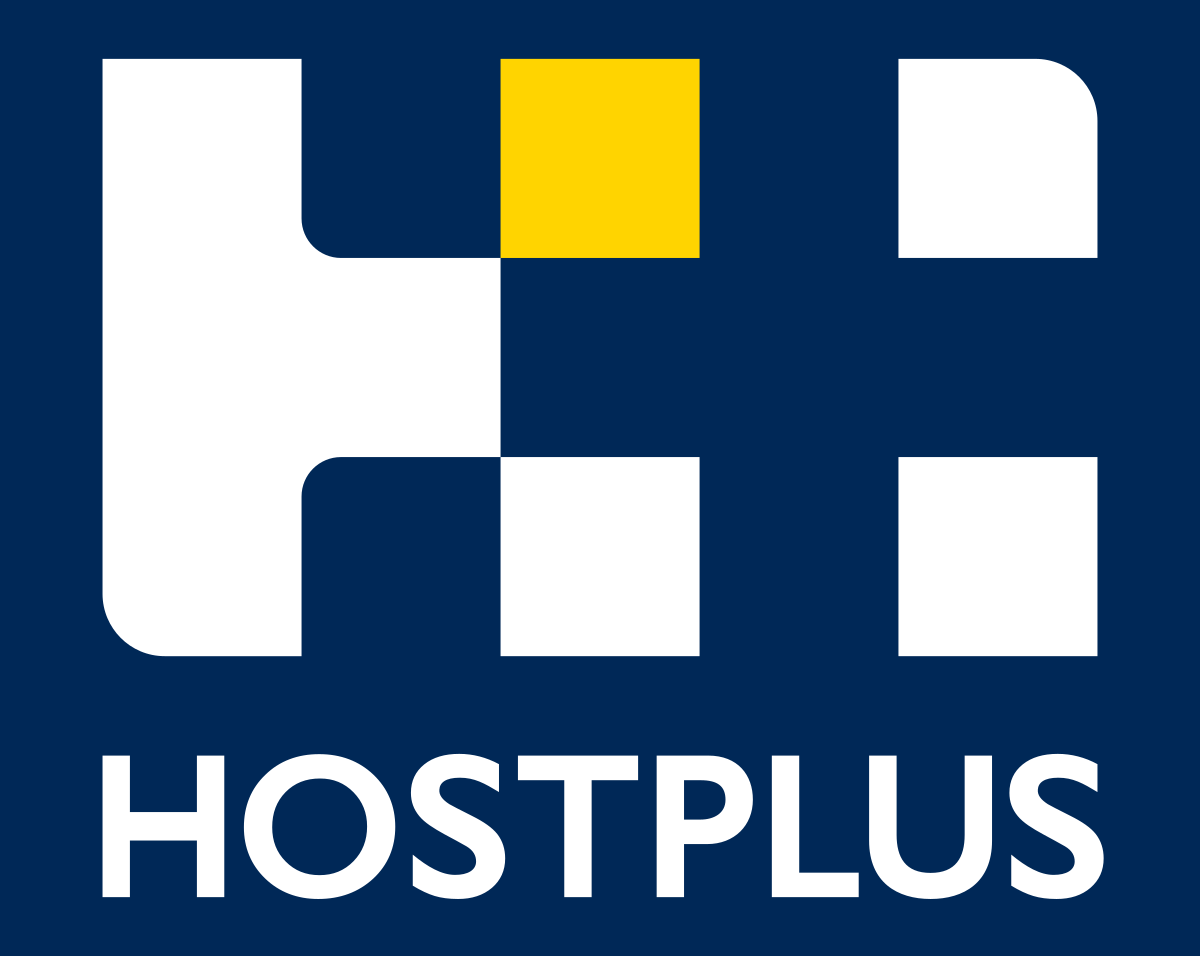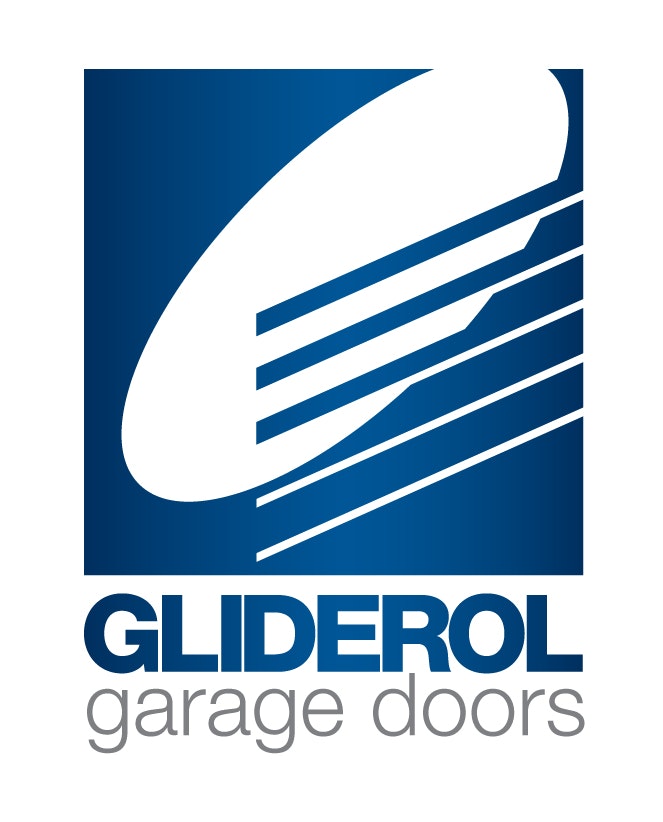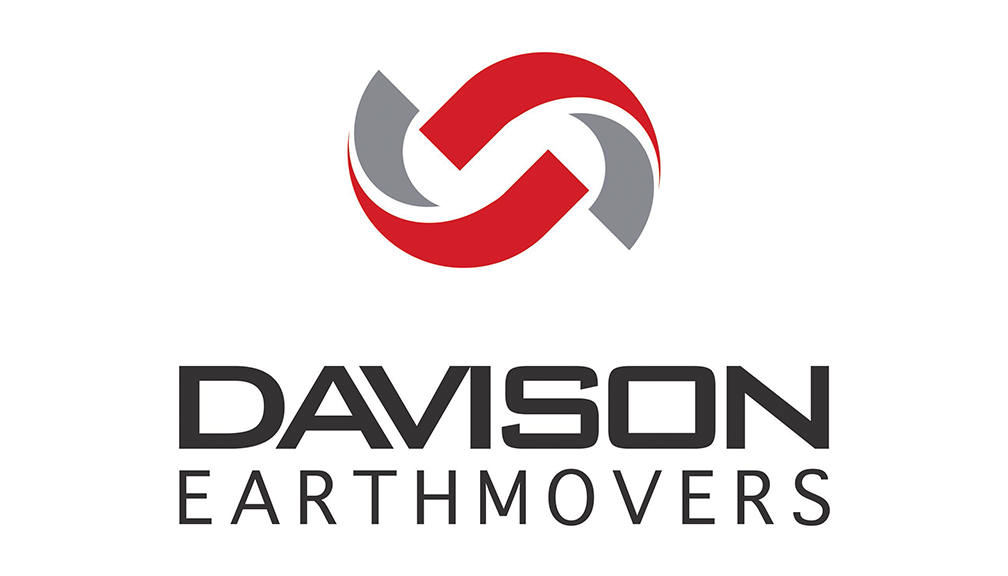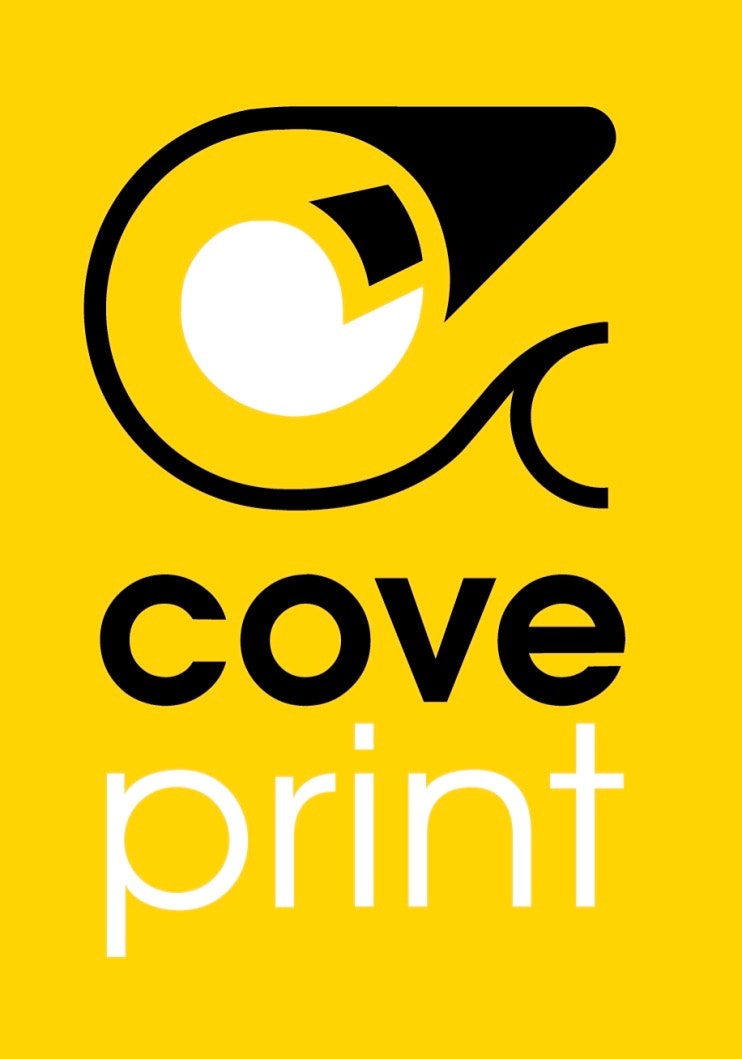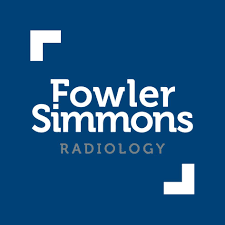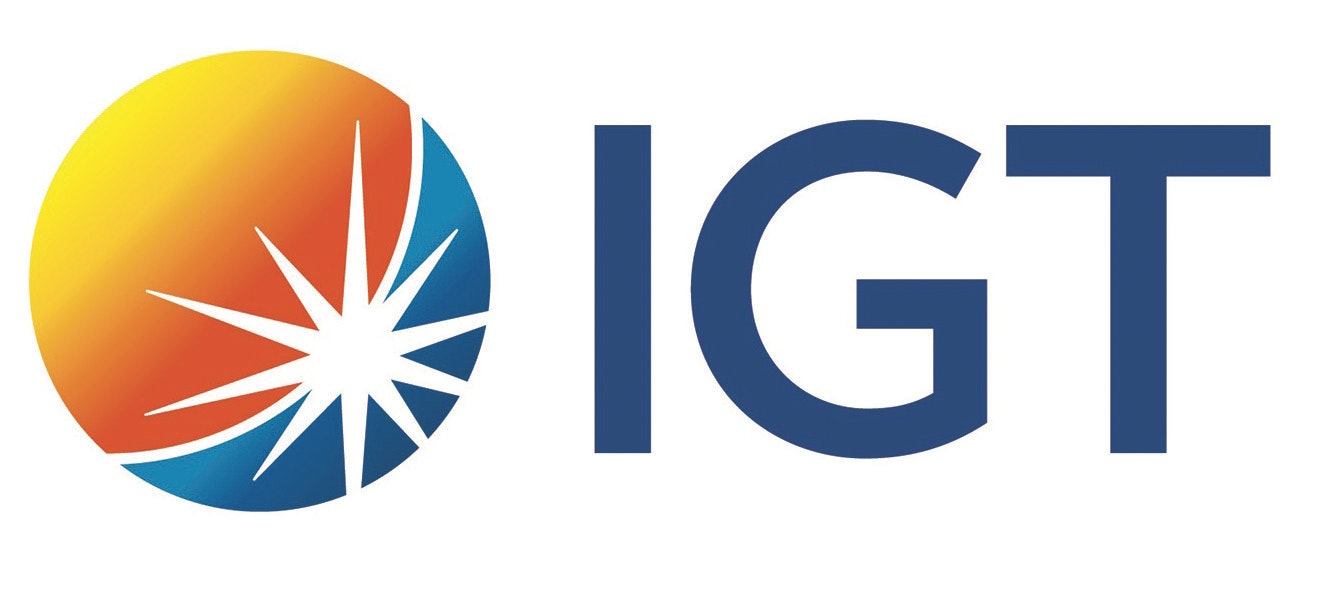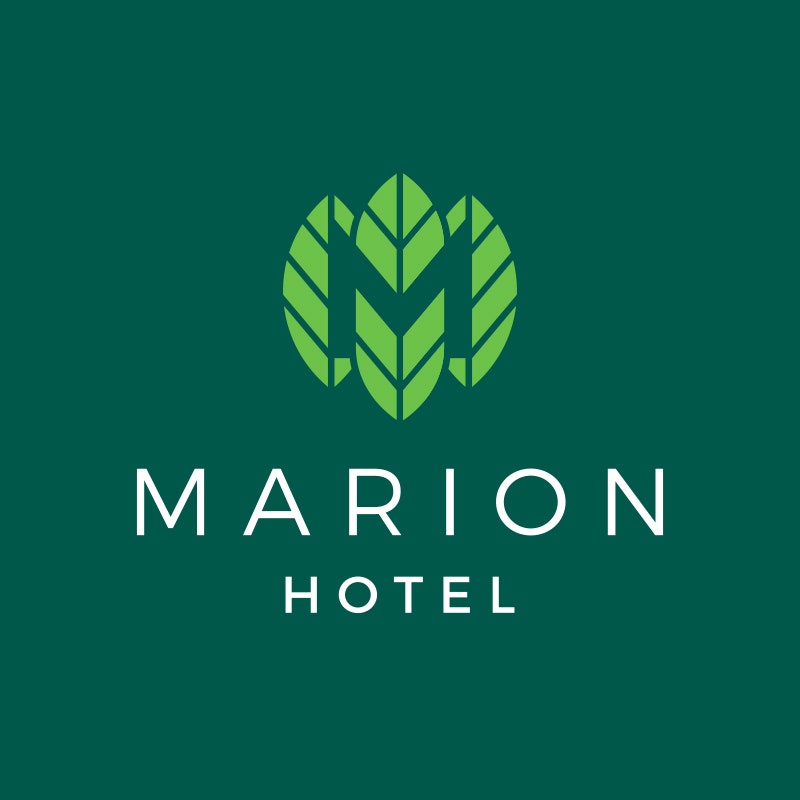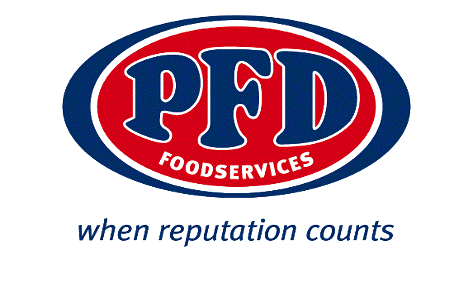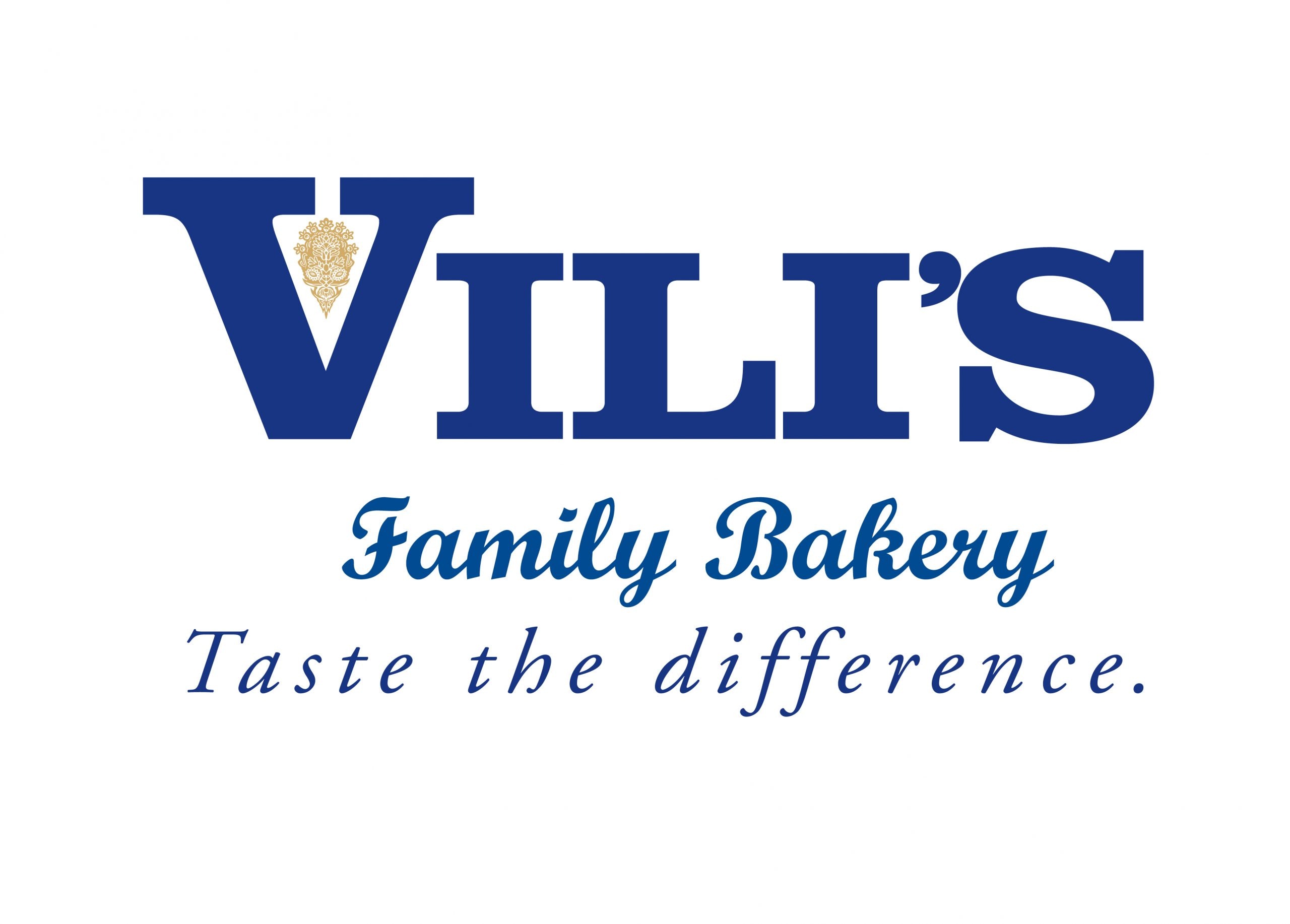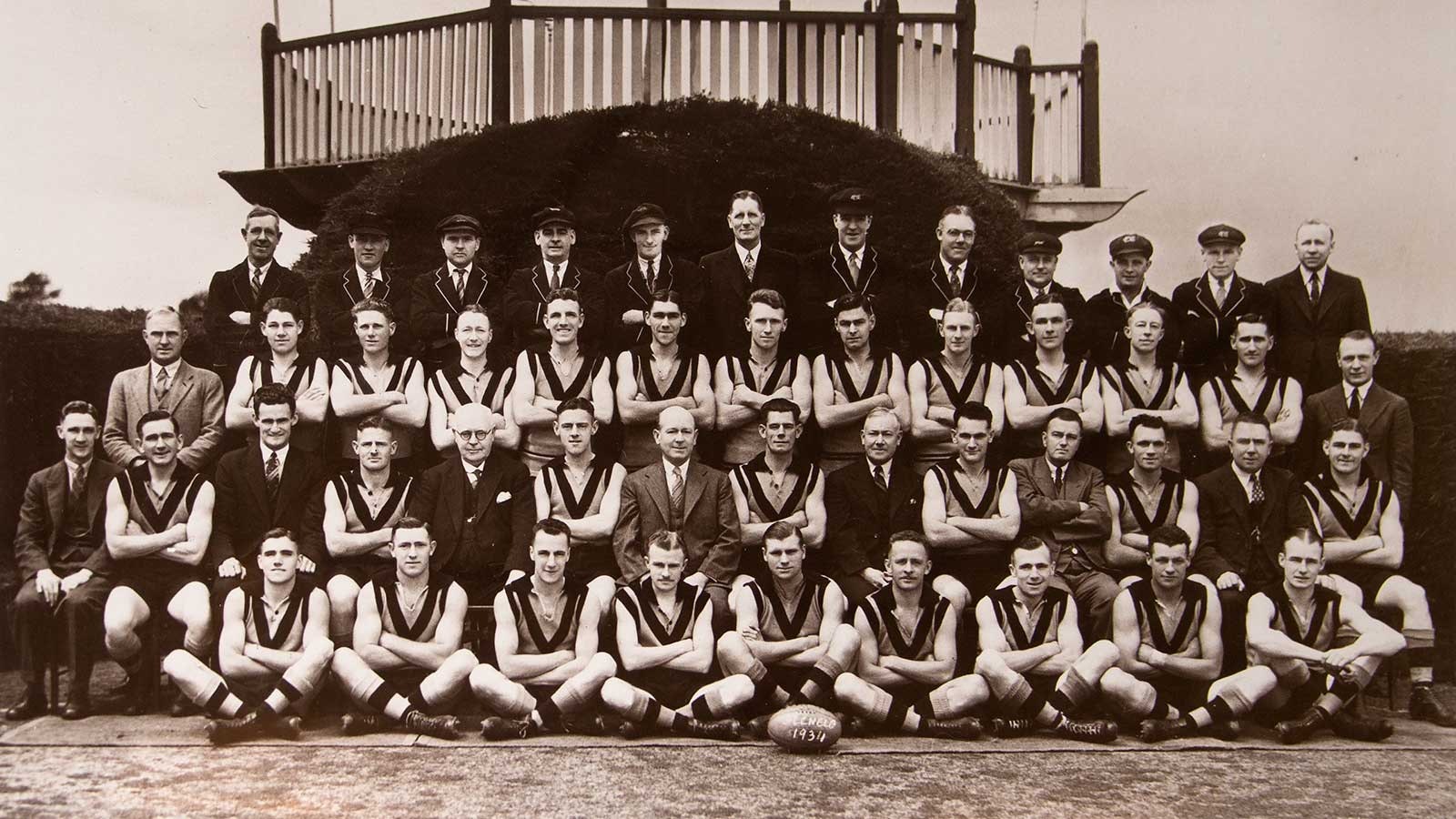
Club History
Glenelg Football Club History
1920
Mayor of Glenelg, John Mack, convened a public meeting to inaugurate the Club, which took place at the Glenelg Town Hall on March 10th. Although no League position was available for the Club in 1920 the President of the Glenelg Oval Association, George Soward, received a letter from the South Australian Football League stating the situation would be remedied in 1921. A draft constitution was prepared, as was a set of rules.
1921
The Glenelg Football Club entered the South Australian League competition with G K Soward as President, H G McKittrick (Chairman), E A Rugless (Secretary) and J Hanley (Captain-Coach).
1922
R Head replaced J Hanley to become the Club’s second Coach.
1923
E Anthoney replaced G K Soward as President.
1924
D Smith (Coach) and C Hoft (Captain) replaced F Pincombe (Coach) and W Mills (Captain) who both resigned early in the year. T Lock became President.
1925
On May 2, Glenelg won its first League game, at Glenelg Oval, beating 1924 premiers West Torrens 12.6 (78) to 10.10 (70) after losing 56 games in succession.
1926
Glenelg finishes seventh and off the bottom for the first time. Len Sallis wins the first of five Best and Fairest Awards. E Anthoney returns as President and Jim Handby becomes Coach.
1927
G B ‘Blue’ Johnston plays his first season.
1928
Jim Handby wins the Magarey Medal.
1929
Roy Brown becomes Captain-Coach.
1930
Jim Handby reappointed Captain-Coach. Phar Lap wins the Melbourne Cup.
1931
Glenelg improves from seventh in the previous five seasons to sixth on the Premiership table.
1932
Jack Owens tops the goalkickers for the ninth successive season with 102 goals to become the Club’s first centurion.
1933
Jack Owens becomes Captain and Bruce McGregor is Coach.

1934
Glenelg wins its first Premiership by defeating Port Adelaide 18.15 (123) to 16.18 (114). G B ‘Blue’ Johnston wins theClub’s second Magarey Medal and Len Sallis wins his fifth Best and Fairest Award.
1935
Glenelg goes from top to bottom and E A Rugless retires after 15 years as Secretary.
1936
W A Scott becomes the ninth Coach in 16 years. Former player Bill Milhinch becomes Secretary.
1937
G B ‘Blue’ Johnston wins his third Best and Fairest
1938
R Goodwin is appointed Captain; R Brown returns as Coach and Ray Curnow retires as a player.
1939
C G Tolley retires after 10 years as Chairman. Outbreak of World War Two.
1940
Mel Brock wins the Club’s third Magarey Medal.
1941
Marcus Boyall makes it back-to-back Magarey Medals, the Club’s fourth win. Ray Curnow takes over as Coach and Edward Rix becomes Chairman.
1942-44
The League competition is suspended due to the War. Glenelg combines with West Adelaide and is coached by Ray Curnow in 1943-44.
1945
The League competition resumes. Germany and Japan surrender to the Allies.
1946
Norm Betson resigns after a short stint as Coach and is replaced by Ray Curnow.
1947
Colin Churchett tops the goalkicking with 66 goals.
1948
The last season Glenelg wears its gold with black V guernseys.
1949
The black with gold sash guernseys are adopted. Allan Crabb loses the Magarey on a countback to Ron Phillips (North Adelaide) but was retrospectively awarded the Medal in 1998.
1950
The Taylor brothers, Johnny (Captain-Coach), Don and Laurie transfer from West Adelaide and Glenelg reaches its second Grand Final, losing to Norwood.
1951
Colin Churchett (102) tops the century goalkicking mark for the second successive year.
1952
The Taylor brothers dominate. Johnny is Captain-Coach, Laurie (39) head the goalkickers and wins the Best and Fairest.
1953
Pat Hall replaces Taylor as Captain-Coach. Neil Davies becomes Glenelg’s first All-Australian.
1954
Ray Curnow begins his 19-year reign as Secretary.
1955
Allan Crabb becomes Captain and Charles “Chooka” May as Coach.
1956
Mr G A C Ford begins a 10-year period as President and Neil Davies tops the goalkickers and wins the Best and Fairest.
1957
Neil Davies becomes Captain.
1958
Neil Davies becomes Captain-Coach.
1959
Glenelg reaches the finals for the fifth time and finishes third. Edward Rix retires after 16 years as Chairman.
1960
Mr S R P Walker becomes Chairman.
1961
Haydn Linke is runner-up to Sturt’s John Halbert in the Magarey Medal after only 29 League games and also missing several games during the season.
1962
Doug Long becomes the Club’s fourth Captain and Coach in four years.
1963
Colin Richens wins the third of his four Best and Fairest Awards.
1964
Glenelg returns to finals football – after finishing fourth; Harry Kernahan is made skipper and Len Fitzgerald becomes Coach. The Footballers’ Club opens its doors for the first time.
1965
Tom Bonnily begins a 13-year reign as Chairman.
1966
J B Martin elected President; Glenelg finishes 10th for the only time – a year best forgotten.
1967
Neil Kerley is appointed Captain-Coach. A position he holds for three years before becoming nonplaying Coach for seven years. Kerley also wins the Best and Fairest. This season is recognised as the turning point in the history of the Glenelg Football Club. J B Martin organised and started the TIC (Tiger Incentive Club) the first in Australia.
1968
In mid-season John H Ellers replaces JB Martin an President to begin a 13-year reign.
1969
Glenelg plays in its third Grand Final – losing to Sturt; D K “Fred” Phillis wins the Club’s fifth Magarey Medal and tops the League goalkickers with 137 goals. Brian Colbey becomes our second All-Australian.
1970
Ken Eustice is Captain and Fred Phillis (107) reaches the century mark again.
1971
Peter Marker starts a seven year stint as Captain and wins the Best and Fairest. Fred Phillis does it again with 102 goals
1972
Graham Cornes wins the second of three Best and Fairest Awards
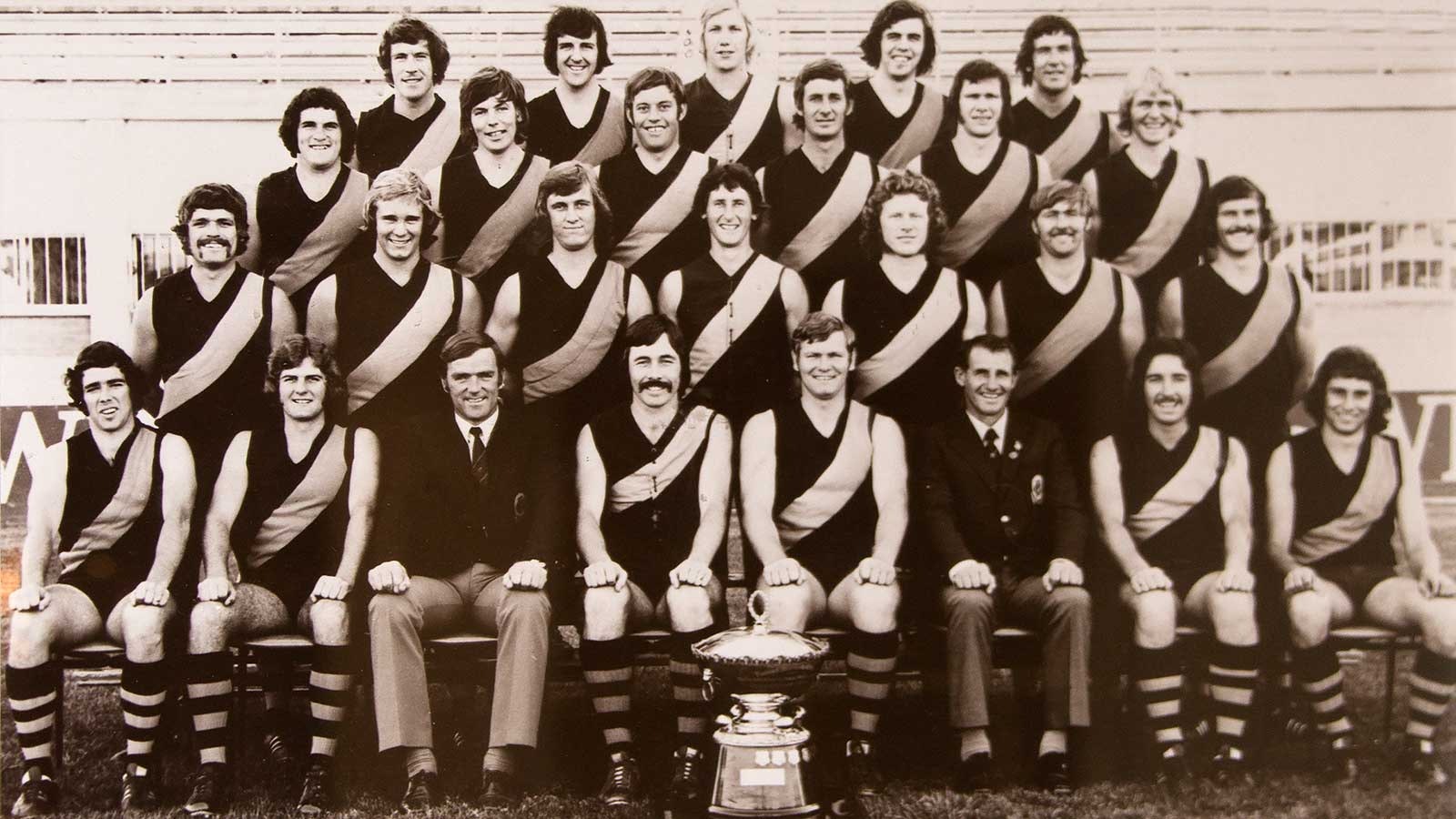
1973
Glenelg wins its second Premiership after 39 years, beating North Adelaide 21.11 (137) to 19.16 (130) in the last Grand Final played at Adelaide Oval. During the season they won 22 of 23 games. Harry Kernahan begins his 14 years as Secretary-General Manager. First Board of Directors formed consisting of J H Ellers (President), Tom Bonnily, Warren Brown, Ern Palmer, Harry Kernahan, Brian Laing and George Rolfe.
1974
Glenelg is beaten by Sturt in the first Grand Final at Football Park.
1975
Runners-up again. This time to Norwood. Fred Phillis kicks 128 goals. On August 23 Glenelg defeats Central District 49.23 (317) to 11. 13 (79) with John MacFarlane hitting the post in the dying seconds to deny the Tigers their 50th goal.
1976
Glenelg finishes third. Fred Phillis kicks 104 goals.
1977
John Nicholls becomes Coach. Port Adelaide beats Glenelg by eight points in the Grand Final.
1978
Graham Comes becomes Captain and Kym Hodgeman wins the Magarey Medal, the Club’s Best and Fairest and headed the goalkickers with 51 majors.
1979
Paul Weston is appointed Captain and John Halbert Coach. Graham Cornes, Kym Hodgeman and Peter Carey are named All-Australians.
1980
Full Back Keith Kuhlmann is made an All-Australian and Graham Cornes wins the Tassie Medal.
1981
John H Ellers retires as President. Bob Campbell becomes President, Brian Corcoran is Chairman and Peter Carey wins his third Best and Fairest. Glenelg finishes second on the Premiership ladder.
1982
Runners-up again. Tony McGuinness wins the Magarey Medal and the Tigers’ Best and Fairest; Graham Cornes reaches the 300-game milestone.
1983
Peter Carey starts the first of six years as Captain; Graham Campbell becomes Coach; Stephen Kernahan tops the Magarey Medal count by nine votes, but is ineligible due to a one-match suspension during the season. Tony Antrobus (North Adelaide) wins the Medal and Kernahan is made an All-Australian.
1984
Glenelg finishes third. Peter Carey is suspended for attempted striking and misses the Preliminary Final.
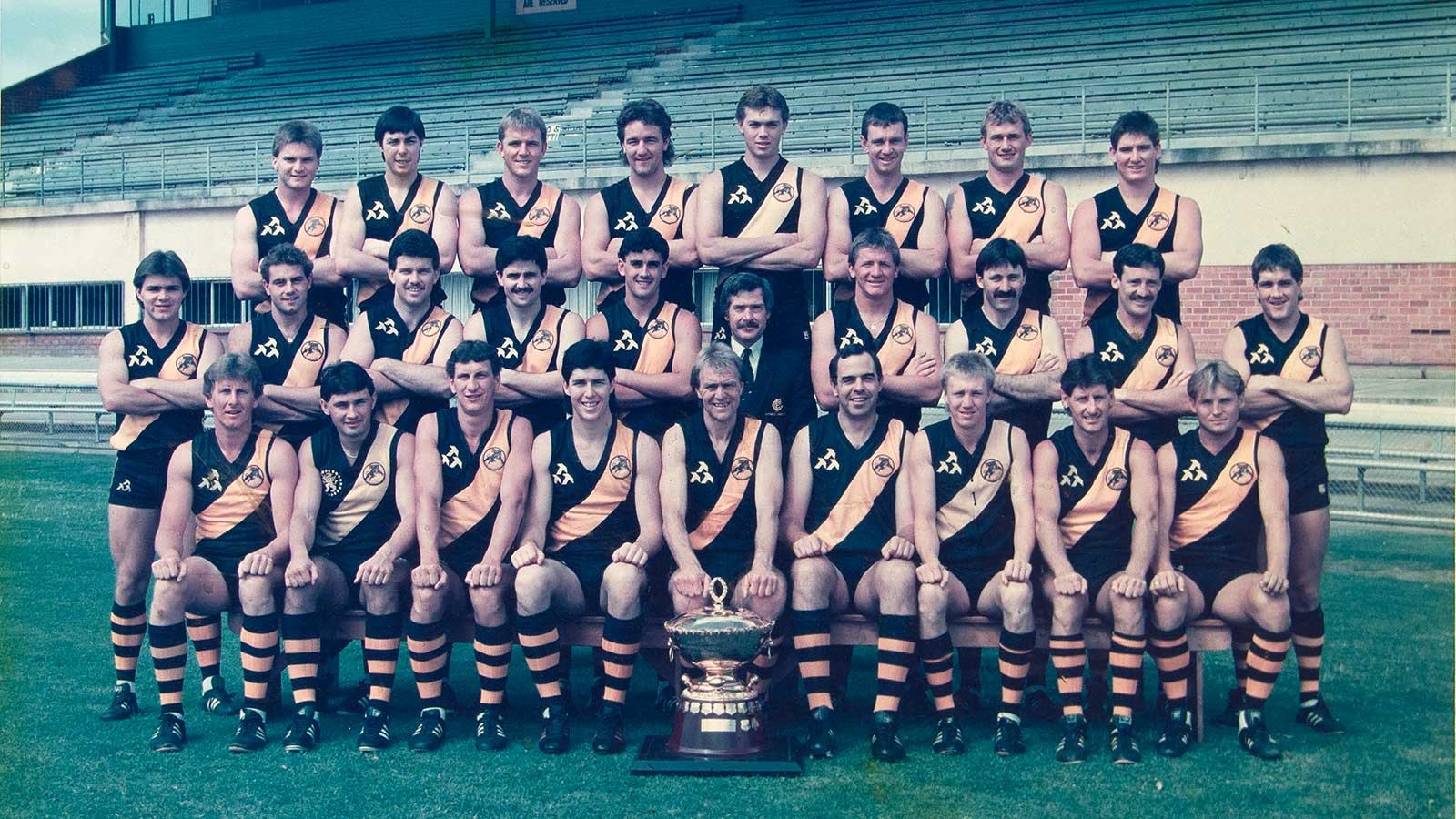
1985
Graham Cornes takes over as Coach and leads the Tigers to their third Premiership – beating North Adelaide 21.15 (141) to 12.12 (84).
1986
Glenelg wins back-to-back flags with its fourth Premiership – despite losing Stephen Kernahan (Carlton) and Tony McGuinness (Footscray) to the VFL – beating the Roosters again 21.9 (135) to 12.15 (87). Graeme Bignell is elected President and Chris McDermott becomes an All-Australian.
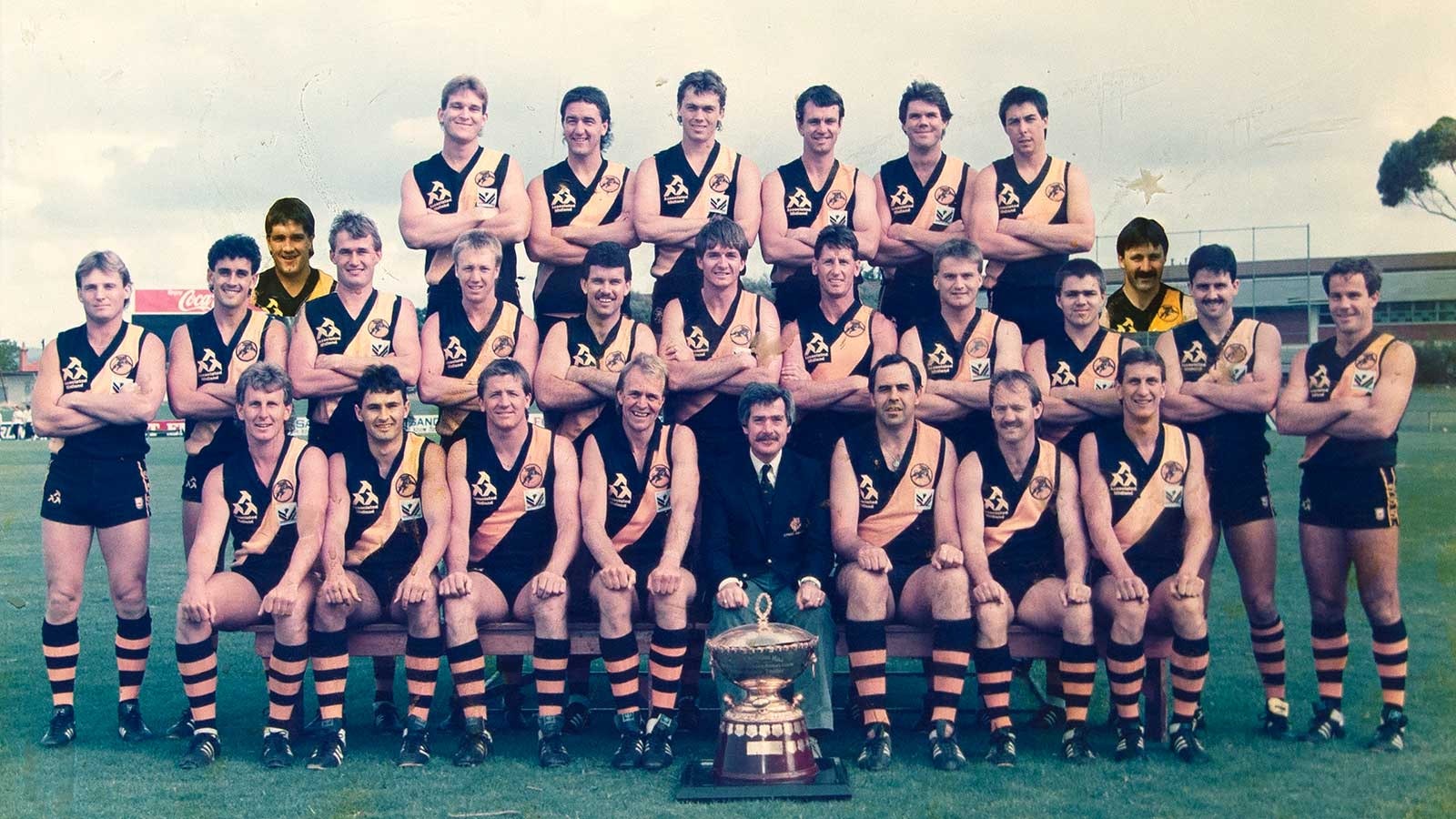
1987
North gains revenge in the Grand Final. John Robinson starts nine years as Chairman; Laurie Rosewarne is appointedGeneral Manager on the retirement of Harry Kernahan; Scott Salisbury is made All-Australian; Chris McDermott becomes the Club’s first dual All- Australian, Peter Carey plays his 400th League game and John MacFarlane reaches the 300-game milestone.
1988
Runners-up again. Chris McDermott wins his third Best and Fairest Award. On May 14, Peter Carey plays his record 447th game.
1989
Chris McDermott is appointed Captain.
1990
Runners-up again. Craig MacIntosh is elected President. John Fidge kicks 124 goals. David Marshall plays his 300th League game.
1991
The formation of the Adelaide Crows sees Glenelg suffer greatly with the loss of Coach Graham Cornes, Fitness Director Trevor Jaques, Team Manager Rex Leahy and players Chris McDermott (Captain) David Marshall, Matthew Liptak, Clayton Lamb, Robbie Thompson, Michael Murphy, Rod Jameson and Allan Bartlett.
1992
Another Grand Final defeat to Port Adelaide. John Seebohm plays his 300th League game.
1993
Nick Chigwidden becomes Captain; Mark Williams replaces Kym Hodgeman as Coach and Glenn Elliott replaces Laurie Rosewarne as General Manager.
1994
Nick Chigwidden wins his fourth successive Best and Fairest Award
1995
Former Glenelg wingman Tony Symonds replaces Mark Williams as Coach. In mid-season Peter Hood replaces Craig MacIntosh as President.
1996
Brian Scott is elected Chairman after many years of service to the Tigers’ cause replacing John Robinson and first-year recruit Ben Thompson wins the Best and Fairest.
1997
Wayne Stringer is appointed Coach. Adrian Battiston replaces Glenn Elliott as General Manager and Grant Reubenicht wins the Best and Fairest.
1998
Tony McGuinness is appointed Senior Coach. Nick Chigwidden plays 250 games and Dwaine Kretschmer wins the Club’s Best and Fairest. Jeff Zadow is appointed General Manager at the end of the season.
1999
Glenelg plays its 1500th League game on June 5. Pride of the Bay, the history of the Glenelg Football Club, is launched on August 21 and sold-out within a month. The Club makes a return to finals action after finishing third. Richard Kelly wins the Best and Fairest.
2000
After restoring the club to financial health, Peter Hood announces his retirement as President after six years at the helm. Inspirational leader Nick Chigwidden, retires after 293 games and eight seasons as captain. Martin Mellody wins the Best and Fairest.
2001
Brenton Honor takes over as Senior Coach and Rob Rabone is elected President. Simon Hele is appointed Captain and 1999 Queensland recruit, Paul Sherwood, wins the Best and Fairest from 2001 Claremont recruit, Phil MacKenzie. Twenty-five former champions are inducted into the Hall of Fame at a glittering black-tie Dinner. An era ends, as much-loved former President, Great of Glenelg, #1 Ticketholder and Glenelg icon, John H. Ellers, (1968-2001), and loyal Club Doctor (1967-1996), Dr Bill Duguid pass away. The Club secures a 21 year lease over Glenelg Oval and begins work on a $3million extension and upgrade of the Clubrooms.
2002
The Glenelg Function Centre is officially opened on August 31 by the Mayor of City of Holdfast Bay, Brian Nadilo. James Byrne wins the Best and Fairest. Simon Hele retires after playing 200 games. Tony McGuinness and Brian Colbey are inducted into the Hall of Fame.
2003
The 1973 Premiership team reunited at the Hall of Fame Dinner, which saw two new inductees, John Seebohm and Laurie Rosewarne. David Noble is appointed Senior Coach. Rob Rabone retires as President.
2004
William Neely wins consecutive Best and Fairest Awards. Stephen Copping and Wayne Phillis are inducted into Hall of Fame.
2005
Nick Chigwidden and Tony Hall are inducted into the Hall of Fame. It is a controversial year as 5 Board Members resign and Peter Simmons is terminated from his coaching position, although a new board is formed and the club has a fresh start. Adam Fisher was awarded Best & Fairest and a reunion of the 1985 Premiership Team was celebrated.
2006
Mark Mickan takes over as Senior Coach. A reunion of the 1986 Premiership Team was celebrated and Doug Longand Ross Gibbs were inducted into the Hall of Fame. Brett Backwell won the Magarey Medal and was also awarded the Best & Fairest. Glenelg Oval was renamed Challenge Recruitment Oval.
2007
The League team make the finals for the first time since 1999, finishing 4th on the ladder. The Reserves team, Coached by Michael Godden win the Reserves Premiership. Tony Symonds and Marcus Boyall are inducted into the Hall of Fame. Former Hawk Ben Kane wins the Best and Fairest, and Captain Ben Mules is runner up. Former Captain Ben Moore announced his retirement after playing 123 games for the Tigers.
2008
The League team finished minor premiers for the first time since 1981. All four grades participated in the finals series, with the Under 19’s winning the Premiership in the last year of the U19 competition. The League team was defeated by Central Districts in the Grand Final. The League team recorded its longest winning streak since 1981, fourth longest in the Club’s history – 12 wins in a row. The largest crowd at Challenge Recruitment Oval since 1988 was recorded in round 12 against Sturt with 11,827 people flocking to the Oval. A Total of 51,823 people came through the gates on match day at Challenge Recruitment Oval in 2008. Ty Allen won the Best & Fairest, Scott Lewis was awarded the Reserves Magarey Medal. Glenelg Veteran Paul Sherwood (190 games) and Matthew Bode (67 SANFL, 108 AFL games) announced their retirements. Renovations were completed on the License Club facilities in April 2008 and launched as The Bay Bar & Bistro and The Bay Function Centre.
2009
The League team finished as Minor Premiers again for the second year in a row. The reserves and Under 18s win Premierships whilst the Under 16s finnish 2nd to Norwood. The League team disappoint by going out in straight sets finishing 3rd behind Central and Sturt. Adam Fisher wins Best and Fairest narrowly from Ty Allen. Gliderol Garage Doors first year as oval naming rights and Major Sponsor. Glenelg Oval becomes Gliderol Stadium at Glenelg. Steven Barratt replaces Darren Chandler as CEO. Mark Mickan signs for a further 2 years as Senior Coach. Fred Drolsbach and Graham Ferrett are awarded Life Membership.
2010
The League team finished fourth at the end of the major round and our Reserves Team finished sixth. Newly appointed Under 18 Coach Kris Massie lead the Under 18s to their second consecutive Premiership and the Under 16s finished second. Neville Caldwell and David Holst are inducted into the Glenelg Football Club Hall of Fame.Ty Allen scoops the J.H Ellers E.R Curnow Awards night taking home the Best & Fairest Award, R.E Campbell Best Team Man, E.R Curnow Award and Players Player Award. Four senior players announced their retirements – Josh Carr (43 SANFL , 270 AFL Games, Matthew Bode (87 SANFL 108 AFL), Josh Willoughby (56) and Wayde Mills (43). Gliderol Stadium enjoyed the highest overall attendance to SANFL matches in 2010
reaching 41,911. Rob Nelson replaces Steven Barratt as CEO.
2011
The League finished fifth, losing to South Adelaide in the Elimination Final. The Reserves team won the flag under coach Ken McGregor. The Under 18 side, coached by Tim Lawrence, made it into the Grand Final, only to be defeated by Port Adelaide. The Under 16s were competitive to finish fourth. Arthur Link and Simon Hele are inducted into the Glenelg Football Club Hall of Fame. Ben Kane wins the Best and Fairest Award. Trevor Cranston retires after 8 years with the club. Kris Massie is appointed Senior Coach. Oval lights are approved at Gliderol Stadium, allowing for night football games in 2012.
2012
The League team coached by Kris Massie finished 6th. The Reserves team coached by Steve Symonds also finished 6th whilst the U/18 team coached by Adam Blakely finished in 5th place and the U/16’s coached by Darren Tull finished as Runners Up. Ty Allen for the third time wins the Club Best and Fairest Award along with the Best Team Man and ER Curnow Awards. Our first game under lights at Gliderol Stadium versus West Adelaide attracts an attendance of 6,047. Sam Rudolph is Runner up to Ty in the Best and Fairest Award and also retires after 5 years and 102 games with the club. Young players Ben Kennedy is drafted to Collingwood, Tim O’Brien to Hawthorn and Brodie Murdoch to St Kilda.



